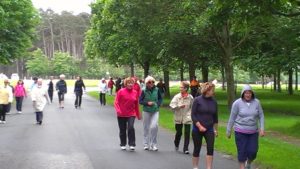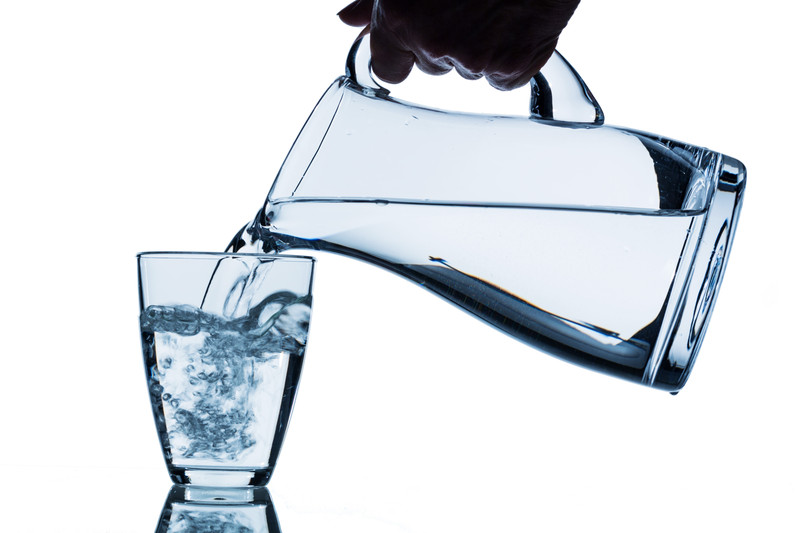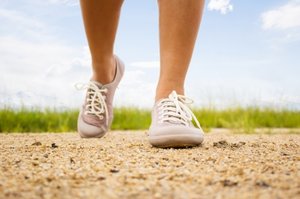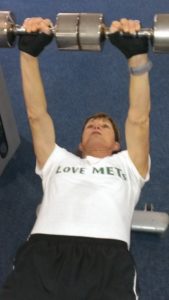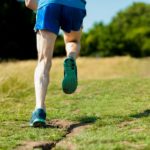Exercise reduces an individual’s risk of developing breast cancer. Furthermore, in individuals who have already been diagnosed with the disease, exercise reduces the chance of a cancer recurrence as well as improves quality of life.
Below is an easy explanation of the METs programme which I did for an initiative called ChooseToTri. June O’Connell started ChooseToTri after hearing me speak at the Irish Cancer Society’s Annual National Breast Cancer Conference (2010) when talking about the relationship between exercise and cancer prevention (METs).
In this video, I explain METs in a clear and easy to understand way.
For further information on METs please see:
Murphy METs Programme (Video)
Know your METs for Prevention – Recurrence of Disease
Calculating your weekly METs km-hour

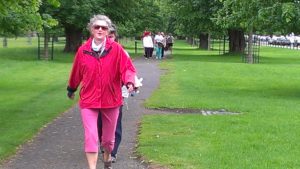 diagnosis. Studies have found that women who exercise moderately (the equivalent of walking 3 to 4 hours per week at an average pace (3-4 METs) after a diagnosis of breast cancer have improved survival rates compared with more sedentary women.
diagnosis. Studies have found that women who exercise moderately (the equivalent of walking 3 to 4 hours per week at an average pace (3-4 METs) after a diagnosis of breast cancer have improved survival rates compared with more sedentary women. Focus on what makes you feel calm and in control. Managing stress is about taking charge of our thoughts, emotions, schedule, and the way we deal with problems. This isn’t as easy as it sounds. Identifying our true sources of stress, we have to look closely at our habits, attitude, and excuses.
Focus on what makes you feel calm and in control. Managing stress is about taking charge of our thoughts, emotions, schedule, and the way we deal with problems. This isn’t as easy as it sounds. Identifying our true sources of stress, we have to look closely at our habits, attitude, and excuses. The health benefits of regular exercise and physical activity are hard to ignore and the benefits are ours for the taking, regardless of our age, sex or physical ability. Our body needs regular exercise, the right food, lifestyle and mental attitude to achieve its true health potential.
The health benefits of regular exercise and physical activity are hard to ignore and the benefits are ours for the taking, regardless of our age, sex or physical ability. Our body needs regular exercise, the right food, lifestyle and mental attitude to achieve its true health potential.